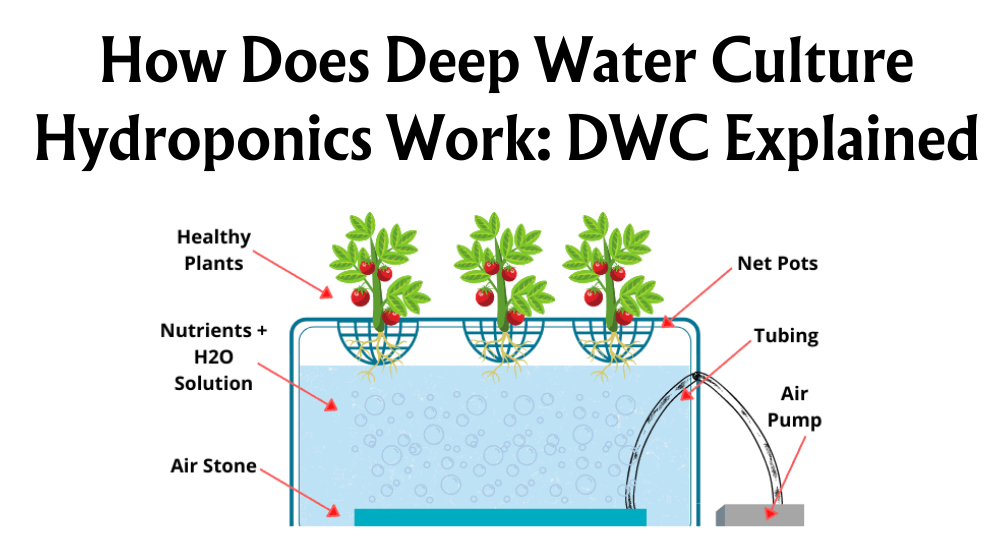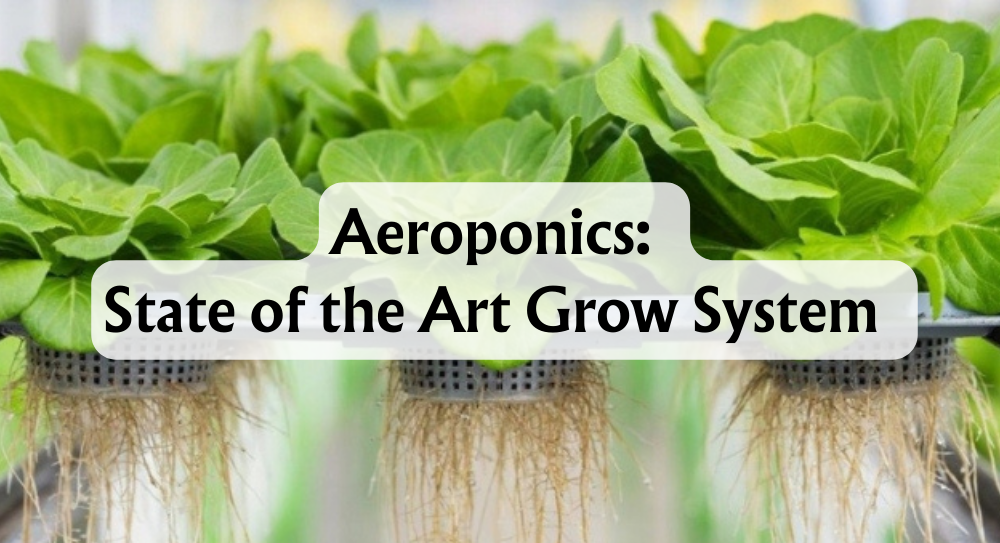In the rapidly evolving world of agriculture, hydroponics has emerged as a promising method for growing vegetables. This technique, where plants are cultivated without soil using nutrient-rich water solutions, has raised an interesting question among consumers: do hydroponic plants taste different? The answer isn't straightforward; while some people claim there is a difference, many studies and taste tests suggest that any taste variation is minimal and often undetectable.
Our interest in the taste of hydroponic produce taps into a broader trend of consumers prioritising local and fresh ingredients. Homegrown hydroponic vegetables are often celebrated for their freshness, as they are typically harvested at peak ripeness and consumed shortly after, offering a taste that rivals and may even surpass store-bought options. Yet, scepticism remains, largely driven by misconceptions that hydroponic methods lack the rich mineral content found in soil-grown counterparts.
Taste isn't just a matter of preference; it's also a crucial factor in food production that influences consumer choice and market success. Factors like the precise control of environmental conditions and nutrient levels in hydroponic growing can result in a product that's not only fresh but also packed with flavours that are surprisingly comparable to, if not better than, traditional methods. Our exploration into hydroponics aims to uncover whether this innovative farming method can truly match our expectations for taste and quality.
Key Takeaways
- Hydroponic vegetables may taste similar to soil-grown varieties.
- Freshness and nutrient control are key advantages of hydroponics.
- Taste is vital for consumer preference and market success.
Hydroponic Vegetables
Hydroponic plants grow in nutrient-rich water without soil, allowing for precise control over environmental conditions such as nutrient levels, light, and temperature. This method often results in efficient water and space usage and enables year-round production.
Flavour Affecting Factors
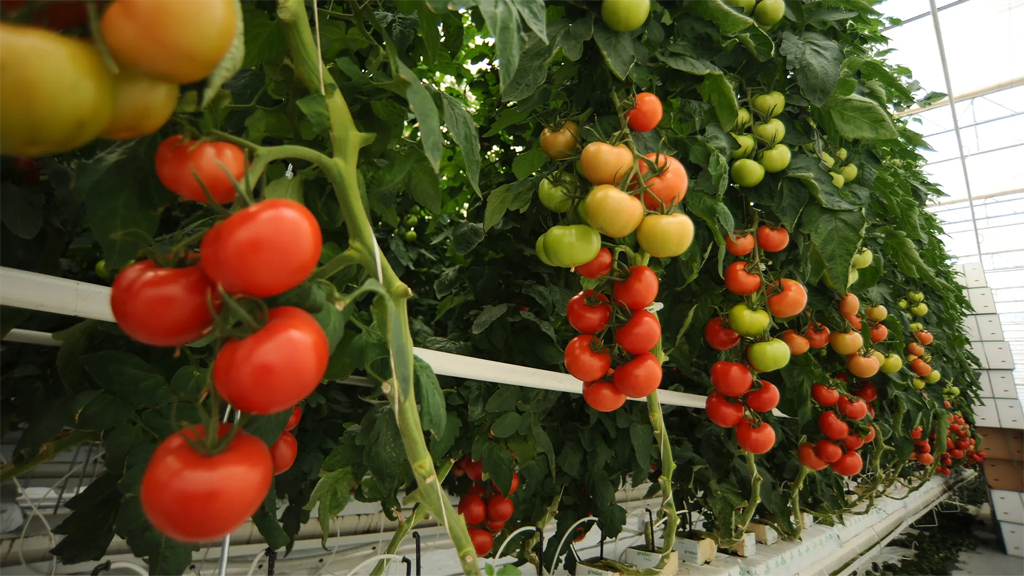
Nutrient Solution Composition
In hydroponic systems, nutrient solutions are crucial. The composition includes macronutrients like nitrogen and micronutrients, which can significantly affect the flavour of vegetables. For example, calcium levels in tomatoes are known to enhance taste. Having the right balance is essential for nutrient uptake and flavour development.
Light Exposure
Light in hydroponic systems plays a pivotal role in flavour development. The intensity, spectrum, and duration of light exposure directly impact the taste and growth rates. Optimal light conditions can enhance flavour intensity, making this factor a key consideration for hydroponic farming.
Temperature
Temperature control is vital in hydroponic gardening. Each crop has an ideal temperature range; stress from incorrect temperatures can alter flavour compounds. Consistent temperature management aids in the production of flavourful hydroponic vegetables.
pH Levels
Proper pH levels in hydroponic systems are important for nutrient availability. The ideal pH range allows for maximum nutrient absorption, influencing the taste profile of the vegetables. Maintaining the correct pH is crucial for both plant health and taste.
Harvesting Time and Methods
Timely and proper harvesting is integral to preserving the taste of hydroponic vegetables. Correct harvesting techniques, alongside effective post-harvest handling, ensure that the vegetables retain their desired flavour and quality after leaving the growing environment.
Hydroponic Plants Nutritional Value
Hydroponic vegetables often prompt questions about their nutritional value compared to their soil-grown counterparts. We’ll explore whether nutrients and taste differ, employing both scientific data and consumer insights.
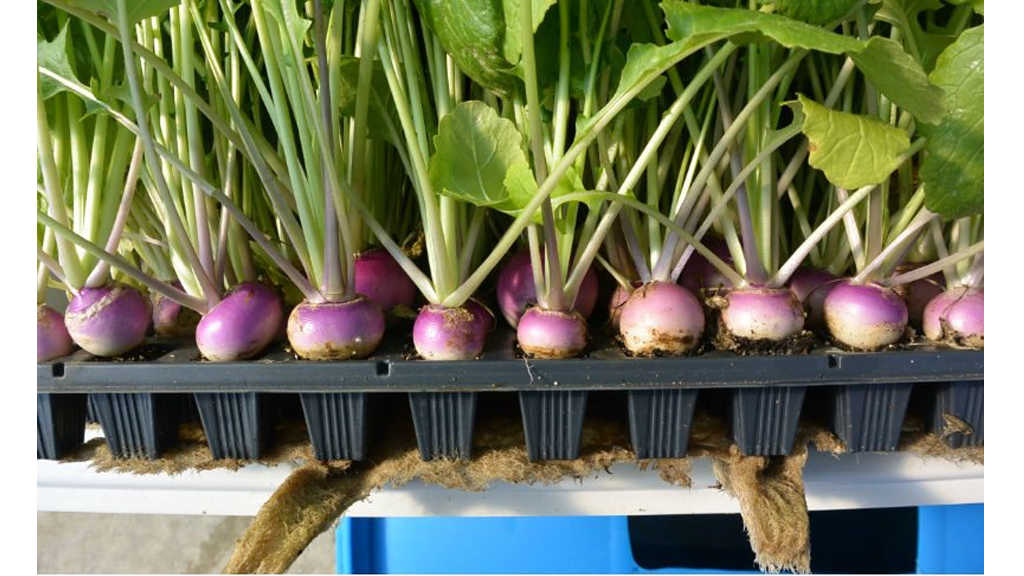
Are Hydroponic Vegetables Less Nutritious?
There's a recurring belief that hydroponic vegetables might lack nutrients. However, various scientific studies show that their nutrient content, such as vitamins and minerals, can be on par with soil-grown produce. Some studies even highlight superior antioxidant levels in hydroponic plants.
One interesting case study compared hydroponic and soil-grown lettuce, revealing similar vitamin and mineral content. The key lies in nutrient solution composition and controlled growing conditions, allowing enhancement and consistency in nutrient delivery. We can ensure optimised nutrition, which is an advantage of hydroponic systems.
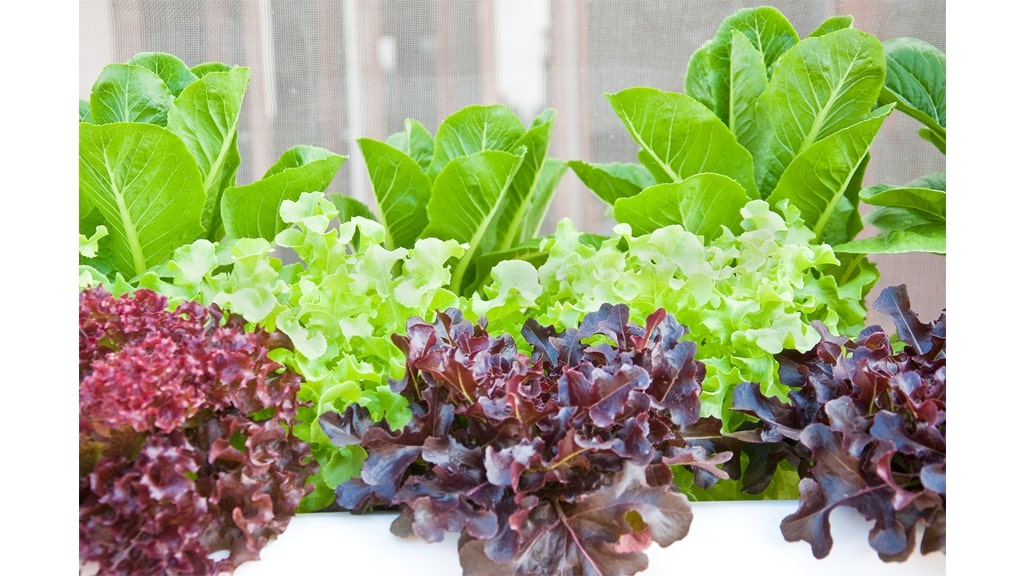
Do Hydroponic Vegetables Taste Different?
The taste of hydroponic vegetables can sometimes diverge from soil-grown varieties, influenced by several factors. The flavour profile can be shaped by the nutrient solution, impacting both aroma and flavour intensity. While the texture of these veggies often feels fresh, their taste can vary based on selected cultivars.
Blind taste tests, for example, show mixed results. A university study on tomatoes found varied taste preferences hinging on consumer expectations and visual appearance. For consistent flavour, choosing cultivars bred for taste and optimising conditions, such as light and stress management, is crucial. This results in a flavourful and satisfying bite, underscoring the importance of innovative hydroponic practices.
Conclusion
Let's recap. The question of whether hydroponic vegetables have a different taste compared to their soil-grown counterparts is intriguing. While opinions vary, many factors influence the flavour, including nutrient delivery and environmental conditions.
Hydroponics offers tremendous potential for growing flavourful and nutritious vegetables. By controlling the environment and nutrient levels, we can produce crops with enhanced taste and quality. This method also promotes sustainability, using less water than traditional farming.
Proper management is crucial in developing flavours in hydroponics.
Paying attention to nutrient balance and environmental factors like light and temperature can make a significant difference in taste. With the right practices, hydroponic vegetables can rival, if not exceed, the taste of traditionally grown ones.







 Store Locator
Store Locator

